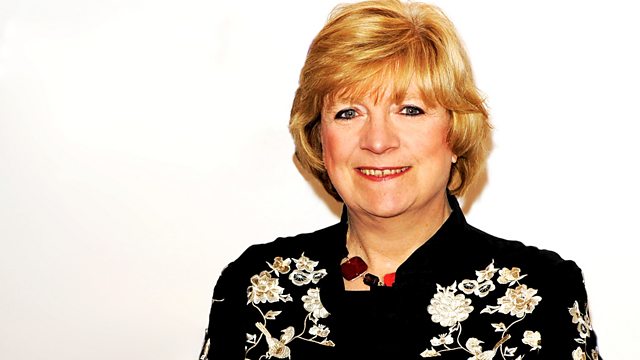Episode 2
True social mobility means for every person who moves up, someone must move down. But that idea is anathema to many.
In a major new two-part documentary series for Βι¶ΉΤΌΕΔ Radio 4, the journalist and author Polly Toynbee explores the ever-more-pressing question of how possible it is to move up through British society. Who gets to break the 'class ceiling'?
Polly argues that, while deference is long gone, and some politicians have swapped ties and titles for first names and informality, Britain's class system is still going strong.
In the first programme in the series, Polly examined how a child's family life and education can block or boost their social progress. In this second programme, Polly asks what happens when young people enter the workplace and in the housing market. Do these rites of passage help break the class ceiling, or do they reinforce it?
Polly visits Stoke on Trent - a city which traditionally was able to provide jobs in the potteries for anyone who left school at 16. Today, whilst some potteries are still operating, the industry is a shadow of its former self and for those who leave school at 16 with few qualifications, getting a job which pays a good hourly rate of pay can be a challenge.
The city is slowly adapting to the shift in the UK economy from manufacturing to service industries, as we hear from former potters who now work in a call centre. Polly also visits a pottery which has taken on an apprentice.
When it comes to entering the professions like the law, the chances of getting there from a working class background are slim. But we hear from some teenagers with working class backgrounds who are being encouraged and supported by outreach schemes by the legal profession. Will these social mobility initiatives be enough to help them break into the competitive world of the Bar which has been dominated by the middle classes for years?
Polly talks to a successful international City banker who entered the profession via his local branch as a clerk with just two A levels - and asks whether he would be as successful if he were starting out now.
And she considers the value and use of apprenticeships in opening up opportunity through the workplace, even for those who did not thrive at school. Polly explores the argument that for those without a degree, working life offered more opportunities some decades ago, when it was arguably a lot easier to join a company at 16 and rise to the top.
She explores the degree to which being a homeowner is as a badge of being middle class, and asks how crucial it is to have parents who own a home if you have any hope of getting on the property ladder yourself.
Polly talks to an array of academics and politicians from across the political spectrum, including Universities Minister David Willetts, Shadow Education Secretary Andy Burnham and former Shadow Βι¶ΉΤΌΕΔ Secretary David Davis.
Producer: Sarah Taylor.
Last on
More episodes
Previous
Next
You are at the last episode
Broadcasts
- Thu 8 Sep 2011 09:00Βι¶ΉΤΌΕΔ Radio 4
- Thu 8 Sep 2011 21:30Βι¶ΉΤΌΕΔ Radio 4

